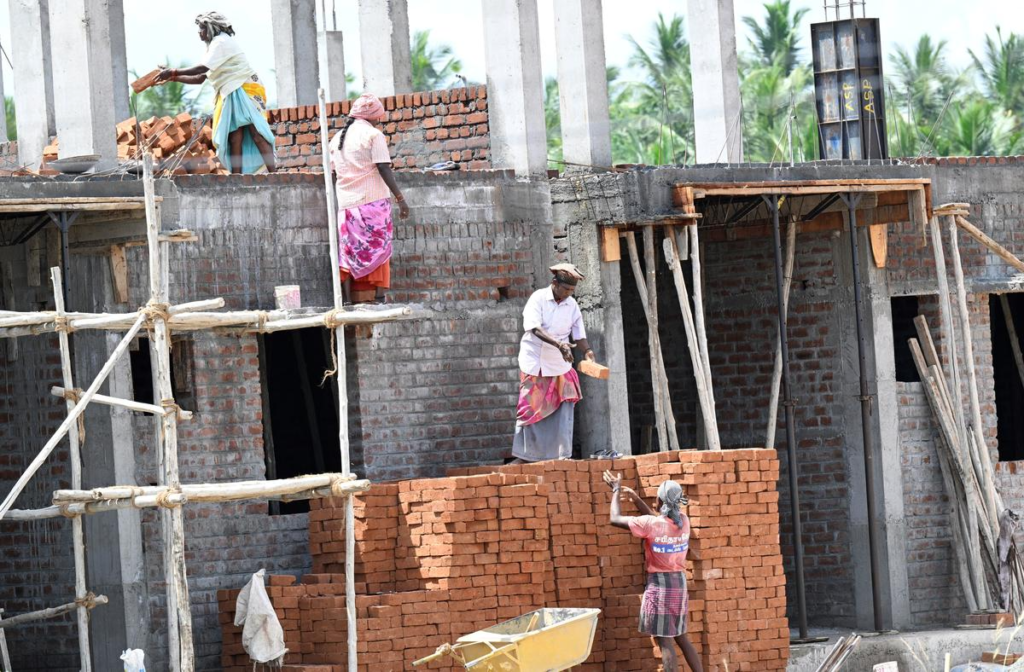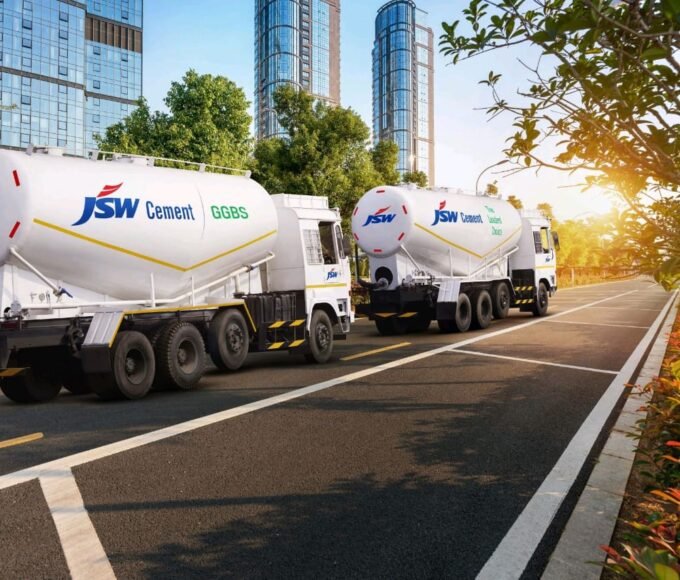Recent Posts
TN Hikes Accident Compensation for Construction Workers to ₹8 Lakh

In a big relief for Tamil Nadu’s construction workers, the state government has increased compensation for accidental death at the workplace from ₹5 lakh to ₹8 lakh. The action is intended to improve social security for the lakhs of workers registered under the Tamil Nadu Construction Workers Welfare Board.
Labour Welfare Minister C.V. Ganesan announced this during the recent Assembly session, and the government order has now formalised the decision. The enhanced compensation will be given to the legal heirs or nominees of employees who die as a result of industrial accidents.
The Construction Workers Welfare Board set up in 1994, has been instrumental in providing a social safety net to construction labourers. At inception, the death compensation stood at ₹50,000, later increased to ₹1 lakh during an earlier DMK tenure, and subsequently to ₹5 lakh.
The Board now offers a variety of welfare facilities such as encouragement of education, marriage, maternity, spectacles, pensions, natural and accidental death, disability, and housing relief. The most recent compensation increase has been viewed as an important improvement in worker welfare.
The increased allowance is coming in an era when the safety of jobs continues to be the priority concern in the construction sector, especially considering the growing infrastructure projects in Tamil Nadu. The increase indicates the government’s awareness of both the everyday dangers construction workers put themselves through and the need to offer more financial support to their families when they are in need.
Labour unions have appreciated the step but still insist on firm enforcement of safety standards on sites.
The increase will provide additional peace of mind to workers and their families, many of which live on daily wages alone. It also complements the government’s larger effort to promote labour welfare in the context of fast-paced urbanisation and spurring construction activity in the state.
- accidental death compensation
- Build Watch News
- Buildwatchnews
- C.V. Ganesan
- compensation hike
- construction labour welfare
- construction news India
- construction policy update
- construction worker policy
- DMK government
- India construction law
- India construction sector
- India welfare schemes
- labour rights Tamil Nadu
- labour unions TN
- Tamil Nadu construction
- Tamil Nadu labour news
- Tamil Nadu social security
- TN government news
- TN infrastructure
- TN welfare board
- TN worker benefits
- TN worker compensation 2025
- worker compensation
- worker safety India
- worker security India
Recent Posts
Categories
- Acquisition1
- Airport16
- AP103
- Apartments126
- Bengaluru217
- Budget 202521
- Cement165
- Chennai438
- Construction909
- Construction Material Price Updates1
- Corporation4
- CREDAI61
- Editors Pick42
- Equipment45
- Events11
- Export24
- GST17
- Highways118
- Hotel16
- Housing207
- Hyderabad94
- import26
- India122
- Industrial387
- Infrastructure616
- Interiors28
- Iron Ore59
- Karnataka92
- Kerala56
- Labour1
- Land150
- Logistics40
- Market Updates404
- Metal100
- Metro109
- Mining77
- MSME21
- News1,877
- NHAI96
- Office Space2
- Paints39
- Port1
- Power Shutdown1
- Properties112
- Puducherry12
- Railways8
- Real Estate762
- Road222
- Sand38
- Short News117
- SIPCOT14
- Steel Daily429
- Stocks37
- Tamil Nadu458
- Technology81
- Telangana96
- TIDCO9
- Trade52
- Trending News1,111
- Video2
- warehouse42
Related Articles
Modulus Housing Secures ₹70 Crore Funding to Accelerate Market Expansion and Technology Innovation
IIT Madras-incubated Modulus Housing has secured about ₹70 crore in Series A...
BySamrita JosephDecember 6, 2025JPMorgan Expands Its India GCC Presence with Major Office Lease in Hyderabad
JPMorgan Chase has strengthened its India footprint by leasing 1.76 lakh sq...
BySamrita JosephDecember 6, 2025RBI Rate Cut Brings Timely Relief and Boosts Confidence Across India’s Housing Market
The RBI’s rate cut has lifted market sentiment and improved affordability for...
BySamrita JosephDecember 6, 2025JSW Cement Unveils ₹11000 Crore Expansion Plan to Boost Production Capacity to 41 Million Tonnes
JSW Cement has announced a major ₹11000 crore expansion plan to increase...
BySamrita JosephDecember 6, 2025















Leave a comment